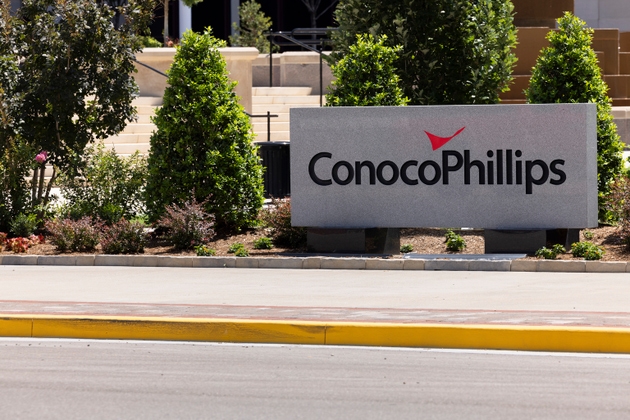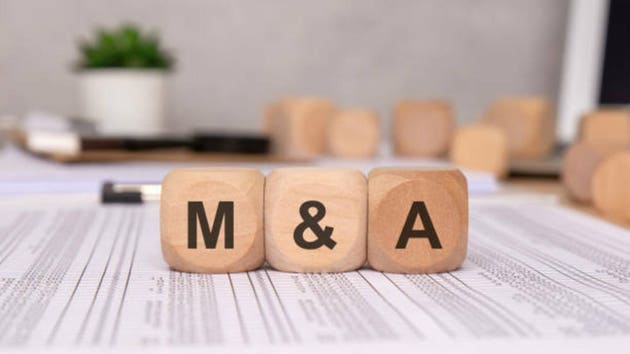- In today’s CEO Daily: Nick Gordon on Trump in Asia.
- The big story: Tariffs before the Supreme Court.
- The markets: Trending up.
- Plus: All the news and watercooler chat from Fortune.
Good morning. Asia editor Nick Gordon here, filling in for Diane. I spent most of last week in the quiet Korean town of Gyeongju, host to world leaders and business tycoons as part of the APEC Summit. Many on-site were paying close attention to U.S. President Donald Trump and Chinese President Xi Jinping’s “amazing” meeting in nearby Busan, and the resulting truce in their renewed trade war.
“It seems to be a solid step forward,” Yangbin Wang, CEO of Silicon Valley-based software company Vobile, told me, pointing to “some pragmatic compromises to reduce their conflicts.”
Investors may have been disappointed by the lack of a grand bargain, but Trump will get another chance to push relations forward when he travels to China in April. “The practice of statecraft is never a one-off thing,” Pradeep Philip, Deloitte’s chief economist, tells me. Here are some takeaways for leaders after a whirlwind week:
Multilateralism isn’t dead: Despite the rhetoric out of Washington, APEC delegates were mildly optimistic about the future of trade. China wasn’t the only U.S. trade agreement solidified last week: Trump firmed up agreements with Japan, South Korea and several ASEAN nations.
And even if the U.S. isn’t engaging other governments on trade, other countries are. They’re looking to diversify their economies, says Todd Handcock, Asia executive chair for the Collinson Group. “You see a lot happening right now between the ASEAN countries. Koreans and Japanese are having deeper conversations than maybe I would have seen in past conferences.”
Energy is front and center: Energy, whether renewable or non-renewable, took center stage at APEC this year, including a Trump shout-out to “clean, beautiful coal” during his address, thanks to AI’s massive hunger for energy.
American leaders may be all-in on fossil fuels, but the rest of the world isn’t so sure. HD Hyundai vice chair Seok Cho, in a panel I moderated on Wednesday, laid out a vision of “energy security” for a world transformed by AI, focused on renewables, critical minerals, and digital transformation.
Cho’s not alone. Deloitte’s APEC CEO survey, unveiled during the conference, reports that almost 60% of APEC leaders plan to invest more in sustainability this year, up from 29% last year.
South Korea is a force to watch: South Korea punches above its weight in strategic technologies like autos and semiconductors. One official, over coffee, gushed over Korean AI developers like Naver and LG. And it’s not just hardware; Korean soft power is also a source of strength. Here’s how BTS member RM put it in his Wednesday keynote: “We take Korea’s unique aesthetics, notions and production system, but we don’t turn away elements of Western music like hip-hop, R&B or EDM. Just like bibimbap, these parts all keep their unique identities but mix together to make something new and fresh and delightful.”
“You are so good at making memory technology,” Nvidia CEO Jensen Huang told Korean reporters on Friday. “The only thing you make maybe even close to being as good is fried chicken.”
FORTUNE has two more conferences in Asia-Pacific this year, where we’ll convene leaders from across the region to discuss the most important issues facing business today: The Fortune Innovation Forum on Nov. 17-18 in Kuala Lumpur, and Brainstorm Design on Dec. 2 in Macau.
More news below.
Contact CEO Daily via Diane Brady at diane.brady@fortune.com
This story was originally featured on Fortune.com

 6 hours ago
1
6 hours ago
1




 English (US) ·
English (US) ·